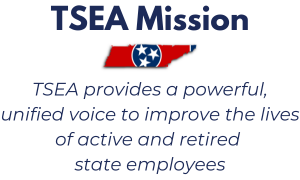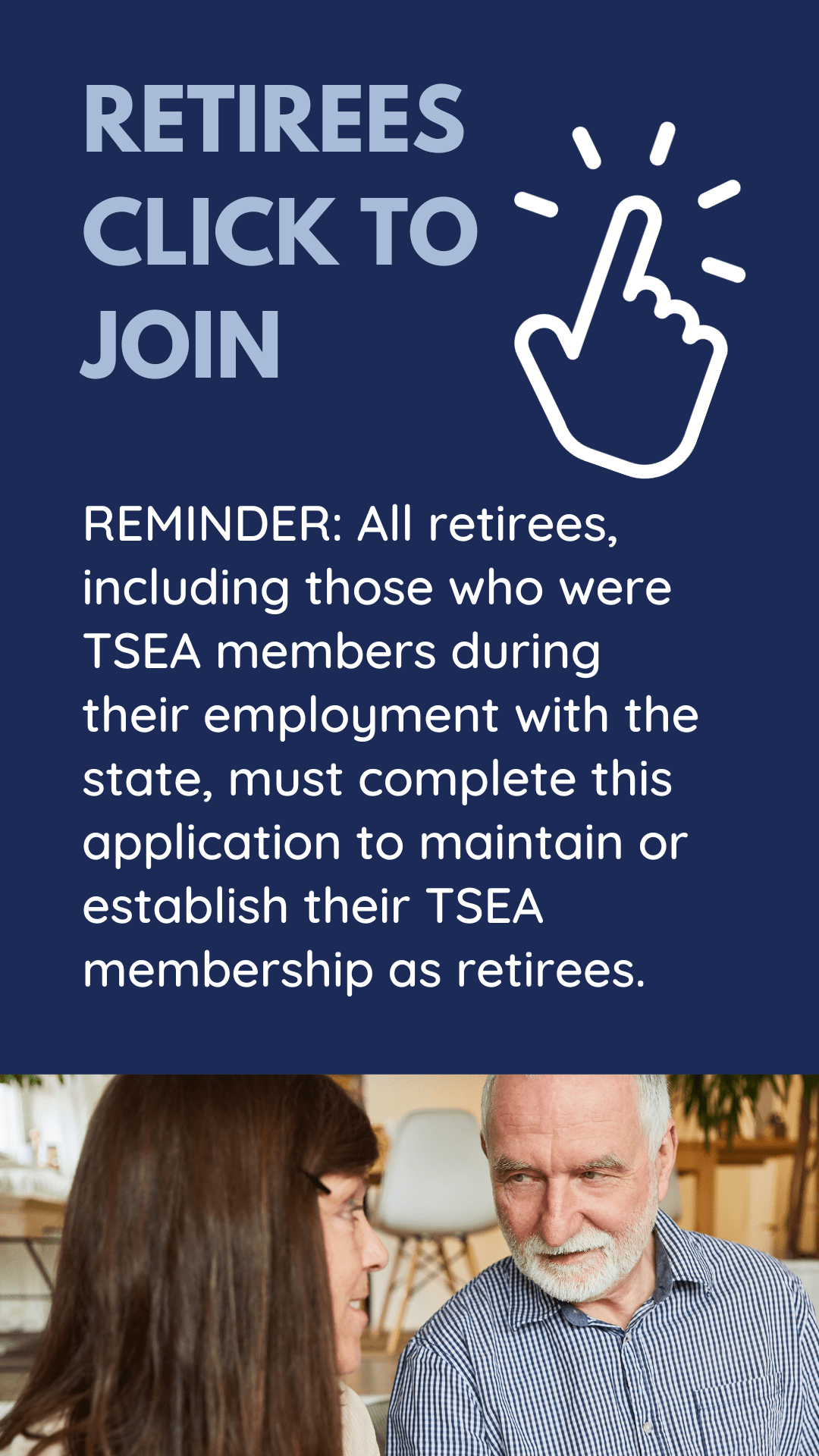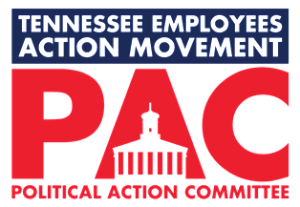The legislature this week passed the 2017-2018 state budget which includes funding for pay-for-performance raises of three percent for those with evaluation scores of valued, advanced, or outstanding. Employee evaluations should be completed on or by September 30, 2017, and salary increases will be effective on January 1, 2018.
For employees with scores of Advanced or Outstanding, we anticipate a similar bonus structure as last year where in addition to the three percent these employees receive a one-time-bonus as a percentage of their base salary. The Commissioner of DOHR has broad authority in this area, so we only know the percentage and structure of the pay-for-performance salary adjustment at this time. Bonus amounts for Advanced or Outstanding rates were announced mid-December last year.
$23.6M in funding for market adjustments is also included in the budget. This year’s market adjustments are intended to make the salaries for certain job classifications competitive with the salaries of similar jobs in the private sector. (Editor’s note: As of 6/29/2017 We are still awaiting more information regarding the timing of these market adjustments and other specifics)
TSEA will continue to hold discussions with the Haslam Administration about the most effective bonus system for our members. TSEA will soon report to the legislature if the bonus system as currently structured rewards upper management in a disproportional manner.
Salary increases for state employees not covered by the TEAM Act (Higher Ed and others) are funded to the equivalent of a three percent across-the-board increase. IMPORTANT: The amount of increase each Non-TEAM Act employee receives will be decided by the appointing authorities of their agency. This means there is no guarantee that all Non-TEAM act employees will receive a three percent raise. These increases will be effective July 1, 2017.
This budget awaits Governor Haslams’s signature to be official, but we do not anticipate any delay.
TSEA’s legislation which makes several changes to the TEAM Act is on its way to the Governor
HB975/SB1390 – Hawk/Hensley
Reductions-In-Force (RIF) transparency and increased protections for state employees
The general purpose of this bill is to increase transparency with regard to Reductions-In-Force. The legislation requires each executive state department to report the number of preferred service employees affected by a reduction-in-force during the previous fiscal year to the Chairs of the State Government Committee of the House of Representatives and the State and Local Government Committee of the Senate by August 1, 2017, and by August 1 of each subsequent year.
The legislation further stipulates that any appointing authority that terminates or furloughs an employee or reduces an employee’s hours of employment for any reason must provide written notice to the commissioner. Upon receiving notice, the commissioner must provide input throughout the reduction-in-force process.
If a reduction-in-force occurs, the commissioner must notify the chair of the state and local government committee in the Senate, and the Chair of the state government committee in the House of Representatives no less than thirty (30) days after the RIF. The commissioner must provide the reason for the reduction-in-force and the number of positions affected by the reduction-in-force.
The bill also requires that a notice of termination must include the reason for the termination in clear and concise language and must state the facts that led to the termination. The bill also adds language to the law which specifies that any written warning or written follow-up to an oral warning issued to an employee is void and of no effect after a period of two (2) years if the employee has not been the subject of further disciplinary action with respect to the same area of performance, conduct, or discipline within the two-year period.
Candidate interviews
This legislation clarifies that to satisfy any requirements of the law, an assessment can be used in place of a face to face interview by the commissioner or appointing authority. If an assessment is used instead of an interview, notice of such use may be included in the job announcement.
DOHR input on contracting/outsourcing
The bill authorizes DOHR to provide input on all contracts with the private sector to perform basic clerical, unskilled or semi-skilled labor, or domestic, attendant or custodial work.
This bill sparked considerable debate when TSEA’s friend Rep. Darren Jernigan proposed an amendment which would have placed a one-year moratorium on any outsourcing affecting current state jobs. The committee voted to table the amendment, but, the debate that took place builds the foundation for this summer’s Senate and House Joint Committee on outsourcing and legislative oversight of contracting of state services.
Increased oversight over facilities management outsourcing
Yesterday, the Senate included TSEA’s amendment to this bill to require increased oversight over facilities management outsourcing. Below is the language of that amendment
Not less than thirty (30) days before a department or agency of state government executes a state professional facilities management contract for services within a state legislative district that would result in the outsourcing of facilities management services to private, non-state government entities, the respective department or agency shall notify each member of the general assembly representing such district of the contract.
Also, on an annual basis, the department of general services shall provide a facilities management status report to the governor, speaker of the senate, and speaker of the House of Representatives. The report shall include, but not be limited to, the following information: (1) The departments or agencies executing a state contract for professional facilities management; (2) The number of state employees impacted by such contract; (3) The estimated cost savings of such contract; and (4) The cost savings realized by any such contract in place for one (1) year or greater.
The TSEA would like to thank Sen. Joey Hensley, Sen. Janice Bowling, and Sen. Steven Dickerson for their hard work and support on this legislation which helps state employees. We hope you will take a moment to express your appreciation for these senators.















